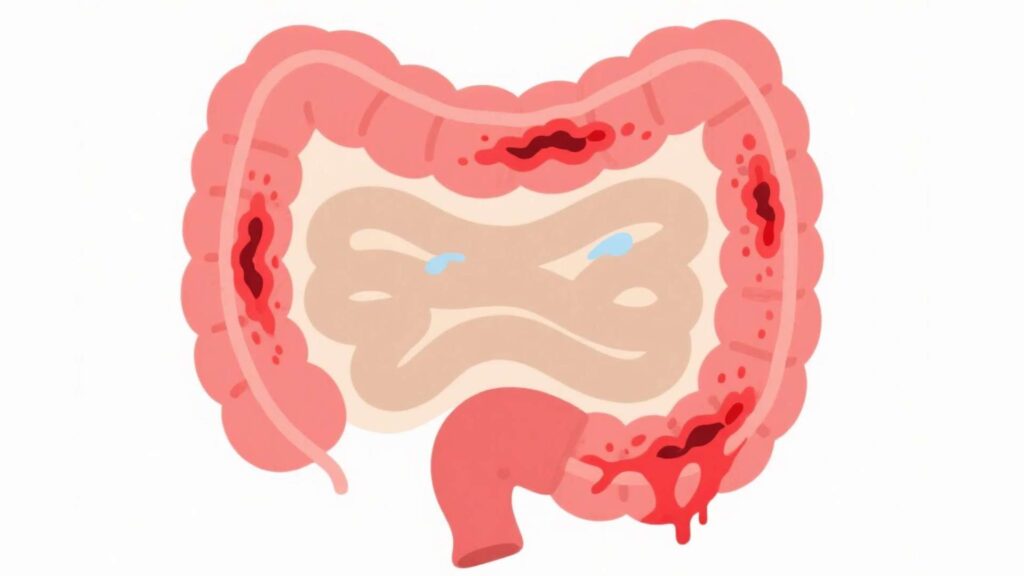Rheumatoid arthritis is an inflammatory disease of joints affecting body extremities like hands, wrists, feet, ankles, and knees. In this condition, the immune system attacks the protective layer around joints, causing pain and stiffness.
This disease affects women more than men. More than 1.5 million people in the US are living with rheumatoid arthritis.
Symptoms of Rheumatoid Arthritis
The symptoms of rheumatoid arthritis may vary individually. Common symptoms include:
- Joint pain and swelling
- Joint stiffness, especially in hands and feet
- Fatigue and weakness
- Fever
- Stiffness after waking up or after a long sitting.
As the disease progresses, it might cause permanent damage to joints if not managed properly.
Symptoms of rheumatoid arthritis may flare up due to environmental factors, weather conditions, food, or due to infections. Flares mean aggressive symptoms after a period of remission (feeling well). Keeping a journal to monitor your symptoms may help to monitor and manage flares.
Causes and Risk Factors of Rheumatoid Arthritis
The exact cause of rheumatoid arthritis is unknown, but research indicates that environmental, genetic, and hormonal factors play a role in disease onset. A mutation in HLA gene puts a person at higher risk of rheumatoid arthritis. The HLA gene is responsible for differentiating foreign antigens (bacteria, viruses) from our own.
Diagnosis of Rheumatoid Arthritis
A rheumatologist will assess disease by symptoms as well as other factors like family history and may suggest the following diagnostic tests:
Biochemical Tests: The biochemical tests detect various blood markers to monitor inflammation, antibodies, as well as disease progress. These tests include erythrocyte sedimentation rate (ESR) and C-reactive protein (CRP) levels to monitor inflammation. Rheumatic factor (RA) and cyclic citrullinated peptides (CCP) tests are used to establish that the disease is rheumatoid arthritis.
Medical Imaging Tests: These tests include MRI, X-rays, and ultrasound to monitor the joints.
Treatment of Rheumatoid Arthritis
There are effective treatment options for rheumatoid arthritis that can improve day-to-day life. A rheumatologist may prescribe the following medicines:
Anti-Inflammatory Drugs: These medicines control the inflammation. Steroids (e.g., prednisone) and NSAIDS (non-steroidal anti-inflammatory drugs) like ibuprofen and naproxen are often prescribed to reduce pain and subside inflammation.
DMARDs: Disease-modifying anti-rheumatic drugs (DMARDs) are drugs that can modify the immune system to slow down the disease progression. These are methotrexate, hydroxychloroquine, and many others.
Biologics: Biologics are antibodies that can eliminate inflammatory proteins like TNF-α produced by the immune system. These can be effective alone or in combination with other drugs.
Living with Rheumatoid Arthritis
Besides medications, people living with rheumatoid arthritis may also need physical exercise and lifestyle changes to manage symptoms effectively.
It is important to navigate workplace challenges with a proactive approach by communicating with your employer and coworkers, ergonomic adjustments to reduce joint pain, and managing your work into segments to avoid fatigue. It is imperative to prioritize self-care and avoid stress to maintain a productive and fulfilling daily life.
Learn also about the Brain Fog, Click HERE!




Pingback: Breakthrough CAR T-Cell Therapy for Autoimmune Diseases
Pingback: Autoimmune Hepatitis